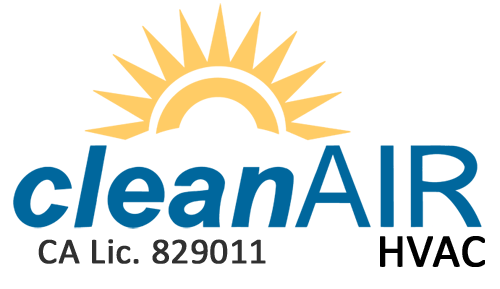
We spend lots of time inside. In reality, the Environmental Protection Agency (EPA) has estimated being inside makes up 90% of our schedule. Although, the EPA also says your indoor air can be three to five times more polluted than outdoors.
That’s due to the fact our residences are tightly sealed to boost energy efficiency. While this is good for your utility expenses, it’s not so great if you’re among the 40% of the population with respiratory allergies.
When outside ventilation is restricted, pollutants like dust and volatile organic compounds (VOCs) could get captured. As a consequence, these pollutants might worsen your allergies.
You can boost your indoor air quality with clean air and usual dusting and vacuuming. But if you’re still having problems with symptoms while you’re at your house, an air purifier may be able to help.
While it can’t remove pollutants that have gotten trapped in your furniture or carpeting, it might help clean the air moving across your house.
And air purification has also been scientifically verified to help lower some allergic symptoms, according to the American College of Allergy, Asthma and Immunology. It can also be useful if you or a family member has lung issues, including emphysema or COPD.
There are two options, a portable air purifier or a whole-home air purifier. We’ll examine the differences so you can figure out what’s correct for your house.
Whole-House Air Purifier vs. Portable Air Purifiers
A portable air purifier is for a lone room. A whole-house air purifier works alongside your home comfort unit to clean your full residence. Some types can purify by themselves when your home comfort equipment isn’t on.
What’s the Best Air Purifier for Allergies?
Seek a model with a High Efficiency Particulate Air (HEPA) filter. HEPA filters are placed in hospitals and offer the most comprehensive filtration you can find, as they eliminate 99.97% of particles in the air.
HEPA filters are even more useful when combined with an ultraviolet (UV) germicidal light. This powerful blend can eliminate dust, dander, pollen and mold, all of which are common allergens. For the greatest in air purification, think over a system that also has a carbon-based filter to reduce household odors.
Avoid getting an air purifier that generates ozone, which is the main element in smog. The EPA cautions ozone could worsen respiratory problems, even when emitted at minor concentrations.
The Allergy and Asthma Foundation of America has created a list of questions to ask when purchasing an air purifier.
- What can this purifier remove from the air? What doesn’t it remove?
- What’s its clean air delivery rate? (A bigger number means air will be freshened more quickly.)
- How often does the filter or UV bulb need to be changed]? Can I do that by myself?
- How much do new filters or bulbs cost?
How to Reduce Seasonal Allergy Symptoms
Want to get the {top|most excellent|best] performance from your new air purification equipment? The Mayo Clinic suggests taking other measures to reduce your exposure to problems that can cause seasonal allergies.
- Stay indoors and keep windows and doors sealed when pollen counts are elevated.
- Have other household members cut the lawn or pull weeds, since these jobs can irritate symptoms. If you must do these chores alone, you may want to consider trying a pollen mask. You should also bathe right away and put on new clothes once you’re completed.
- Avoid stringing up laundry outdoors.
- Run air conditioning while indoors or while in the car. Consider adding a high efficiency air filter in your residence’s home comfort unit.
- Even out your residence’s humidity saturation with a whole-house dehumidifier.
- Hardwood, tile or linoleum are the suggested flooring types for lowering indoor allergens. If your residence has carpet, add a HEPA filter on your vacuum cleaner.
Let Our Pros Handle Your Indoor Air Quality Necessities
Ready to take the next step with getting a whole-house air purifier? Give our experts a call at 925-267-6219 or contact us online to request an appointment. We’ll help you find the right equipment for your family and budget.


